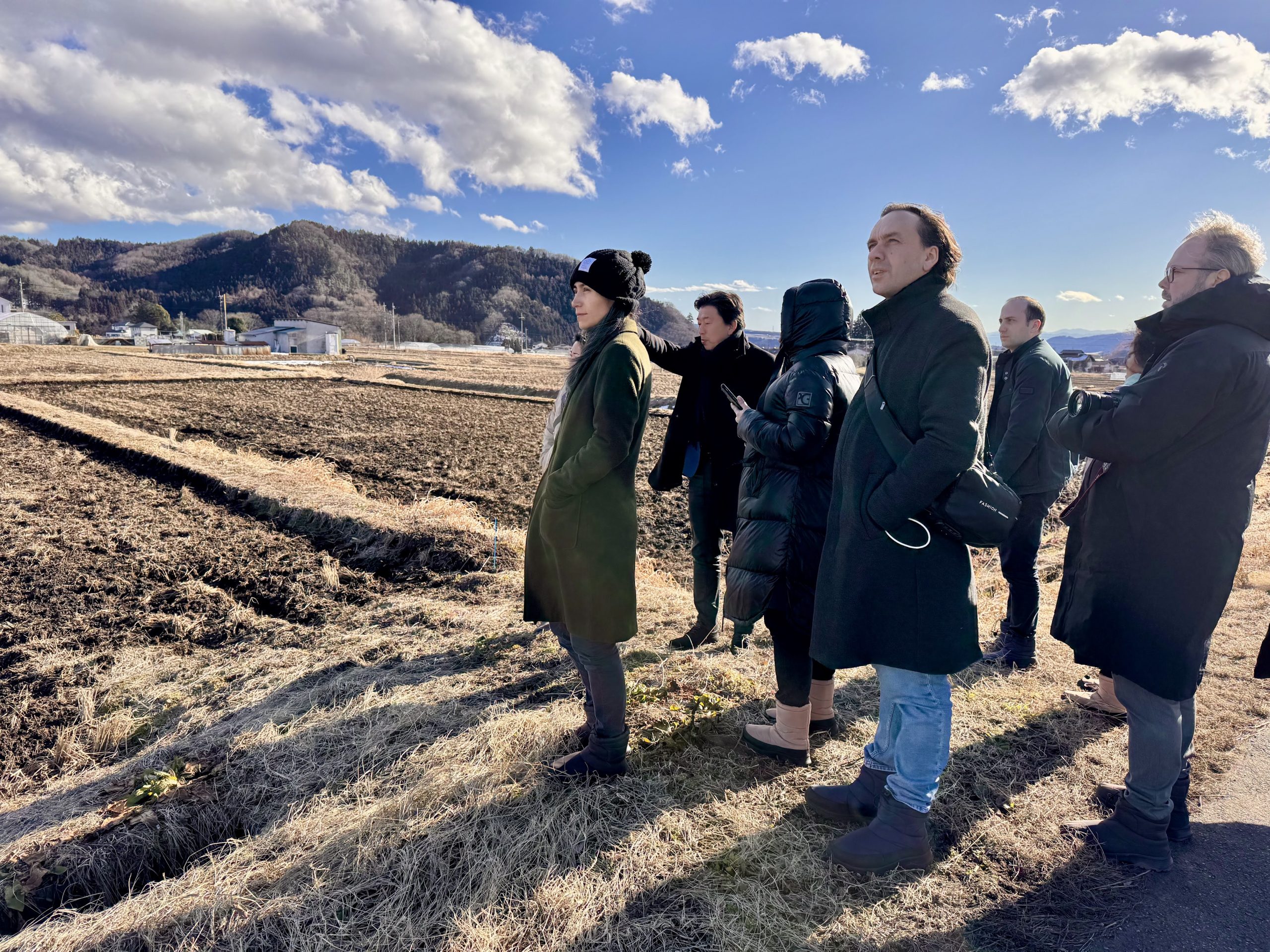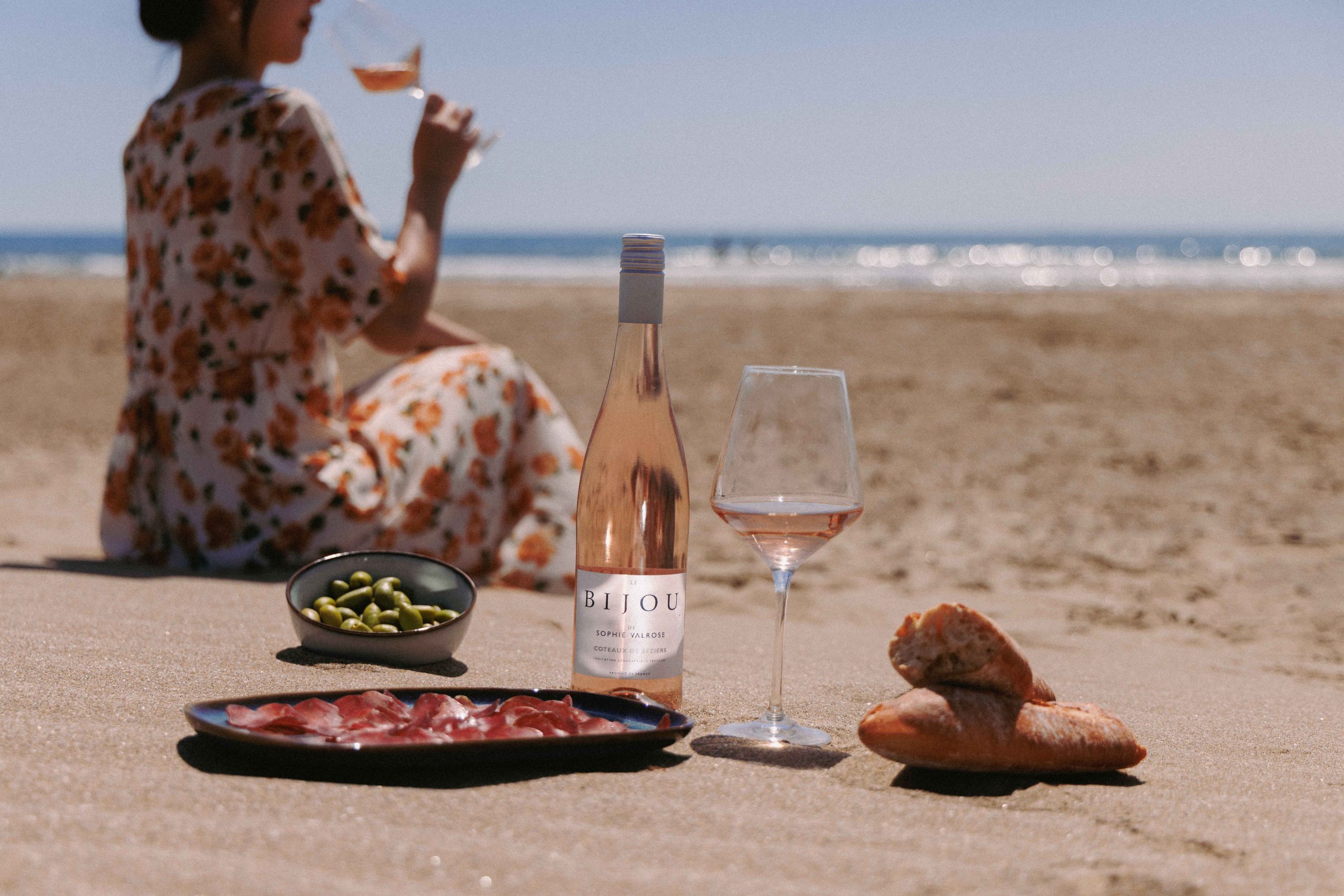Parker: ‘Natural’ wine will be exposed as ‘fraud’
By Rupert MillarUS wine critic Robert Parker has released his predictions for 2014 including natural wines being exposed “as a fraud” and growing love for US wines.
Parker tweeted his 15 predictions in early January with the very first one being: “More resistance to very expensive wines from mediocre vintages-think Europe 2011,2012,and 2013.”
He was of course referring to the less than successful en primeurs in 2012 and 2013 (for the 2011 and 2012 vintages) and the upcoming 2013 vintage en primeur which has caused a good deal of speculation and questions over the value and quality of recent Bordeaux futures.
By contrast he picked out Spain, southern Italy and France as being the “dominant” wines under US$20 and added that California would “profit from two glorious years of quality and quantity – 2012 and 2013”, while the wine world would “go bonkers” over Pinot Noir from Oregon and California in those years.
He added also that consumers seeking “new experiences” and a strong 2012 vintage would bolster interest in Eastern US and mid-Atlantic wineries.
On a slightly controversial note he said that: “Wine Fraud will reach into the sanctus sanctorum of several auction houses which will be found to have turned a blind eye to red flags.”
Partner Content
Pouring further scorn on the “undefined scam called ‘natural’ or ‘authentic’ wine”, he said it would be exposed as a fraud when one considered that “most serious wines have no additives”.
He expected wine bloggers to “continue to complain” about the failure to monetise their sites and gain wider “respect” and that Coravin would “profoundly change” the way rare wine was drunk while governments would place further requirements on wine labels.
The full list can be seen on Parker’s Twitter feed, here





It’s remarkable how conservative his predictions are, and how frightened and threatened the industrial wing of theVineyards industry is by any and every call for more transparency
I predict that Parker gives out a whole bunch of 90+ point score to $10 garbage from Spain, oh wait, he already does.
Guess his definition of Authentic wine is different than mine. What’s wrong with a wine tasting like the grape(s) the wines are made from and the place the wine comes from? That’s what I believe makes an authentic wine. Gets confusing when a all Cabernets and Cabernet Blends all taste the same regardless of where they come from.
Didn’t he retire?
that “most serious wines have no additives”.
Mr robert Parker don ‘t know that many winegrower uses chemical yeats and another chemical for the winemaking. You have just two associations of natural wine in the world ; AVN in france and vinatura in Italy. And now you have methods to prove if the winegrower uses http://www.vinpur.com/view.php?node=260
many chemical during the winemaking
My opinion you have two styles of wine in the world http://www.vinpur.com/view.php?node=229
. You have just 10 % of wine with natural yeast and terroir without weedkiller.
One may not like Parker, but I think those predictions are quite good and am quite confident, that they are going to manifest themselves by end of this year, at least the vast majority.
In any case I think the word “fraud” for natural wines is not adequate. I have been quite enthusiastic with natural wines for a time, but often it is nothing more than a very oldschool way of making wines. Which is really fun as a consumer if you’ve had it all already, but after a while it’s just another category. No reason to make a big hype out of it, but hopefully something that gets better established and has its’ fixed share in the market.
He doesn’t have a clue what natural wine means. It is the way wine has been made for 6,000 years before all the chemicals. The chemicals are now required to fake the flavors, because there are no flavors or structure derived from GMO vine plants. These chemicals create the headaches and are downright poisonous to the human body. See what is going on in this regard in France… and all the recent studies that underscore the huge problem. He doesn’t have a clue.
Dude, there are no commercial GMO grapes or wines.
I suppose then that unnatural wines will be praised as the real thing…..
I was certainly surprised today to find myself in the fortunate position to taste the new and yet to be released 2016 ‘Amber Wine’ from Cullen of Margaret River. Cullen is one of Australia’s most respected wine producers. The Cullen philosophy is that wines should be made in the vineyard and not the winery. Cullen is known for the maritime climate, rocky soils, dry farmed wines, and sustainable practices. I mean seriously sustainable. Cullen produces wines that are organic, biodynamic, and carbon neutral. The Cullen commitment to the environment is absolute.
You may have heard of Amber (or Orange) wine before, or perhaps not, as not much is produced. In simple terms Amber wine is white wine that is made like red wine. This means the grapes are fermented on skins, which provides tannin for aging, and the Amber colour. Quite often the fermentation is in open fermenters or amphora. Cullen use both and then place the wine into oak for several months.
The Cullen Amber is a Sauvignon Blanc and Semillon blend, similar to the blend that the great white wine producers such as Domaine de Chevalier and Haut Brion use in Bordeaux. The Amber colour strikes a surprising contrast particularly for such a young wine. The colour is beautiful and truly golden. The palate is textured, powerful, intense, clean, with layers of yellow and white tree fruit and softer dried fruit characters. This wine will age well for many years. With me it scored 17.5/20 .